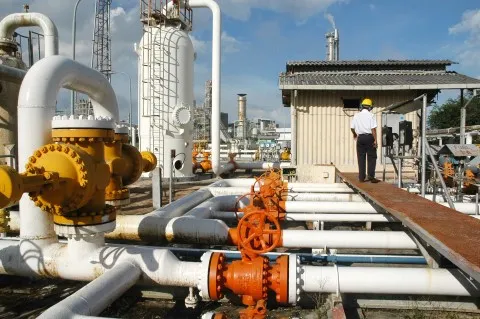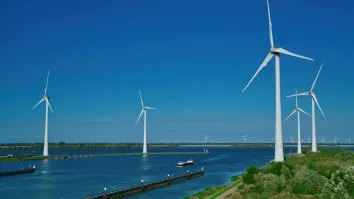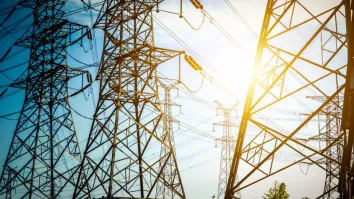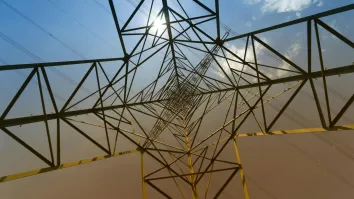
ASEAN's rising gas dependence to bring security dilemma
Indonesia will account for over a third of the massive gas import forecast by 2025.
When the ASEAN looks to its energy future, governments are filled with sweet dreams of gas pipelines connecting the ten member nations to address forecasts that the region will be a net gas importer by 2022 to 2029, according to regional estimates by the ASEAN Centre of Energy.
ASEAN is one of the fastest growing regions in the world, so the stakes are high to meet the anticipated spike in gas demand. Failing to bring its ambitious gas cooperation projects will likely hurt the bloc’s aspirations to sustain its economic growth, threaten its energy security and dash its hopes to provide power to millions still living off the grid.
ASEAN’s enormous hunger for gas is projected to come from the the five major countries in ASEAN - Indonesia, Thailand, Malaysia, Vietnam and the Philippines - which will account for more than 90% of the energy share in the region by 2025, said Pinto Anugrah, policy research and analytics programme at the ASEAN Centre for Energy, citing the findings of the 5th ASEAN Energy outlook 2015-2040 report.
Indonesia will account for more than one-third of the 916 MTOE total forecast for 2025, followed by Thailand which will account for one-fifth, then by Vietnam, Malaysia and the Philippines, representing 13%, 12% and 9%, respectively, data showed. The rest of the ASEAN will only represent 8% of the total.
Given the lopsided distribution of natural gas resources in the region, ASEAN countries will naturally take on different gas supply strategies. Anugrah said Indonesia and Malaysia, who hold more than two-thirds of the region’s natural gas resources, will become two of the major net exporters of gas, not only in the ASEAN but also globally. To a lesser extent, Brunei and Myanmar are also projected to become gas exporters. Meanwhile, Singapore and Thailand will become net gas importers. In the middle of the spectrum, Vietnam and the Philippines should develop into self-sufficient gas users.
But even with Indonesia and Malaysia rising as major exporters, Anugrah said projections show projected production of natural across the bloc will not meet the projected demand in all of its scenarios. Currently, natural gas is the second largest source of energy in the region - a fact that will not change by 2040, so nations in the region are already trying to figure out how to satisfy the demand, especially given the challenge of having limited pipeline options and a supply that is expected to deplete in 15 to 20 years.
Anugrah said one option is to explore energy efficiency, while region cooperation is also strengthening to build pipelines that connect the ten members. One of the key initiatives that ASEAN has launched in this regard is the Trans-ASEAN Gas Pipeline Project, or TAGP, which looks to create interconnecting arrangements of electricity and natural gas across the bloc, said Paramate Hoisungwan, chairman, policy and research study taskforce at ASCOPE, or ASEAN Council on Petroleum which was formed to facilitate regional energy cooperation.
He said TAGP, if implemented successfully, should ensure greater security and sustainability of energy supply in the region. A TAGP masterplan has already been prepared and will serve as the blueprint when undertaking gas pipeline projects in the region.
Hoisungwan also noted that ASCOPE has begun developing the necessary regulatory framework such as open access, gas transit principle and gas specification harmonisation to help the implementation of TAGP. With this initiatives, he said the natural gas produced in the region can be used by all member countries, further strengthening energy security and sustaining growth.
Another exciting development, he said, is the region’s exploration of regasification terminals in order to address connectivity without having necessarily relying to physical pipelines, which faces difficulties given the geographical barriers separating the ASEAN nations. In relation to this, discussions are underway to enable natural gas destination flexibility to that natural gas delivered to any receiving terminal in ASEAN will not face restrictions. Two studies are looking into the business model and strategy, as well as legal framework for this destination flexibility strategy.



















 Advertise
Advertise







